
Google admits that Incognito Mode in Chrome is not as private as you hoped
Those in the know are aware that switching Chrome into Incognito Mode does not mean your browsing is a secret -- but many people assume that the browsing mode offers greater levels of privacy than it actually does.
Now Google has admitted as much. The company is updating its description of Incognito Mode in response to a lawsuit. The revised wording makes it clear that Google continues to collect data about user activity in Incognito Mode.

YouTube seems to be slowing the site for anyone with an ad blocker
YouTube hates ad blockers, and the site has been trying to discourage visitors from using them for quite some time. After introducing warnings last year, the site now appears to be reducing performance for anyone who tries to make use of an ad blocker.
While there has been no official announcement about it, the slowdown has not gone unnoticed by YouTube users. Posts on Reddit reveal the laggy site experience for people using an ad blocker -- lag which disappears as soon as ads are re-enabled.

Up to a third of companies could fall foul of new bulk email rules
New research from cyber resilience company Red Sift shows that 33 percent of publicly traded companies worldwide are not protected by the DMARC email standard, though this is down from 70.5 percent in 2022.
However, in light of Google and Yahoo's new rules for bulk senders -- those sending over 5,000 emails daily -- which come into force on February 1st and are aimed at reducing spam, not using DMARC is a problem.
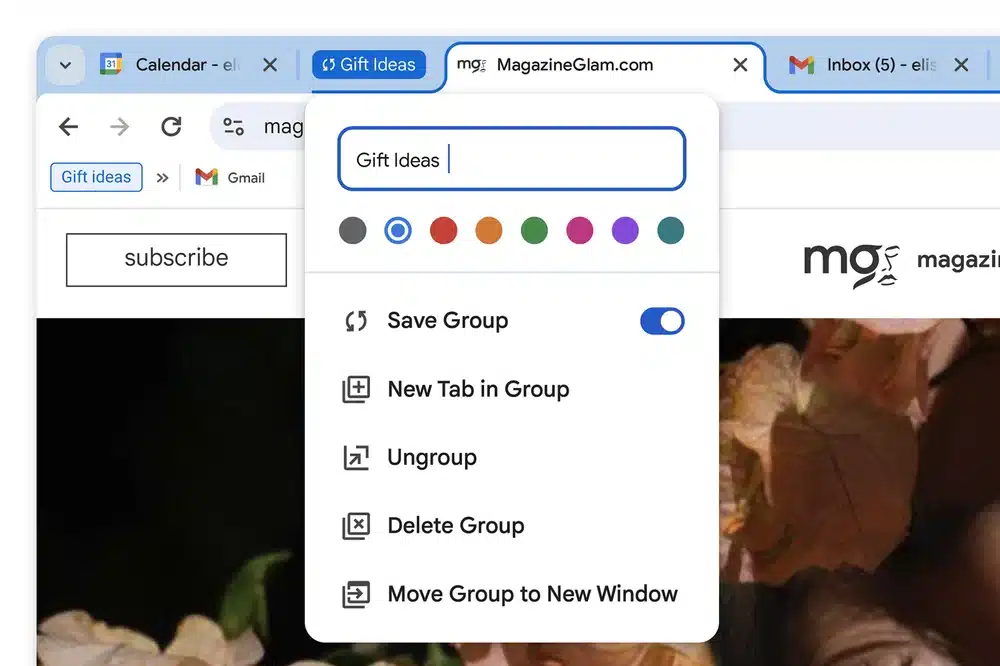
Google gives Chrome security, performance and functionality updates, with the promise of AI-feature in 2024
Google is in the process of rolling out a trio of important updates to Chrome, kicking off with an improvement to Safety Check. This security feature will now run automatically in the background, allowing for proactive alerts about security issues that need attention.
Other updates include improvements to tab groups that makes it possible to access them on other computers, and enhancements to Memory Saver. But the company also hints at big plans for 2024, with the promise of "smarter and more helpful features" powered its Gemini AI model.
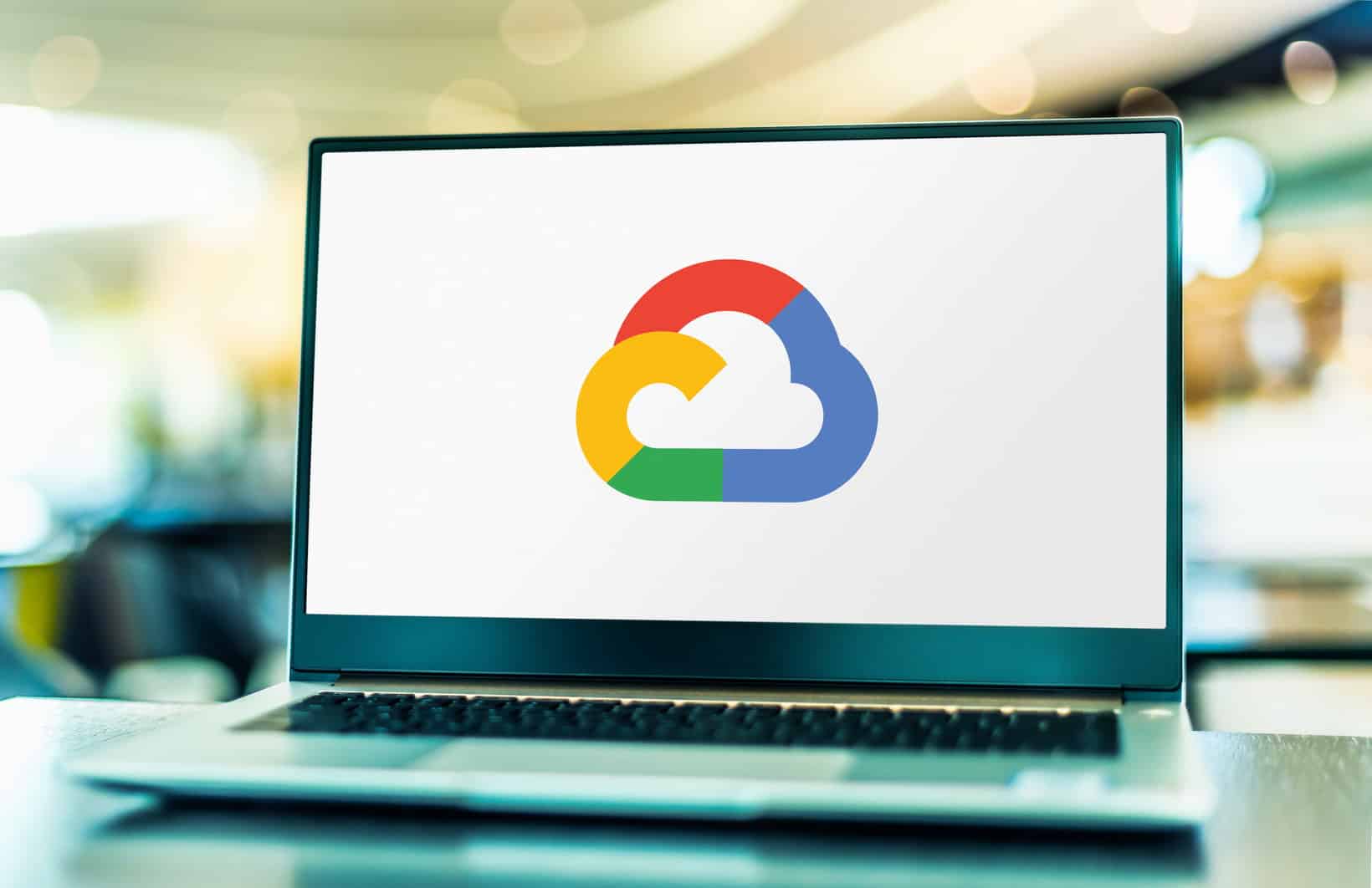
Sensitive data on Google Drives puts companies at risk
New research from Metomic finds that 40 percent of Google Drives hold sensitive data that could put an organization at risk of a data breach or cybersecurity attack.
The research scanned around 6.5 million Google Drive files and also shows that 34.2 percent of all the files scanned were shared with external contacts (email addresses outside of the company's domain) and more than 350,000 files (0.5 percent) had been shared publicly, giving access to anyone who had the document link.

Google adds new file recovery option to the new Drive for desktop app
Google upset a lot of people recently when synchronization issues caused a "small subset" of Google Drive users to lose months' of data. The number of people affected is not known, but even a small subset of a large userbase is, potentially, a huge number.
Now there is some good news. In releasing an updated version of Drive for desktop, Google is giving users access to file recovery options that should make it possible to regain access to files that were lost.
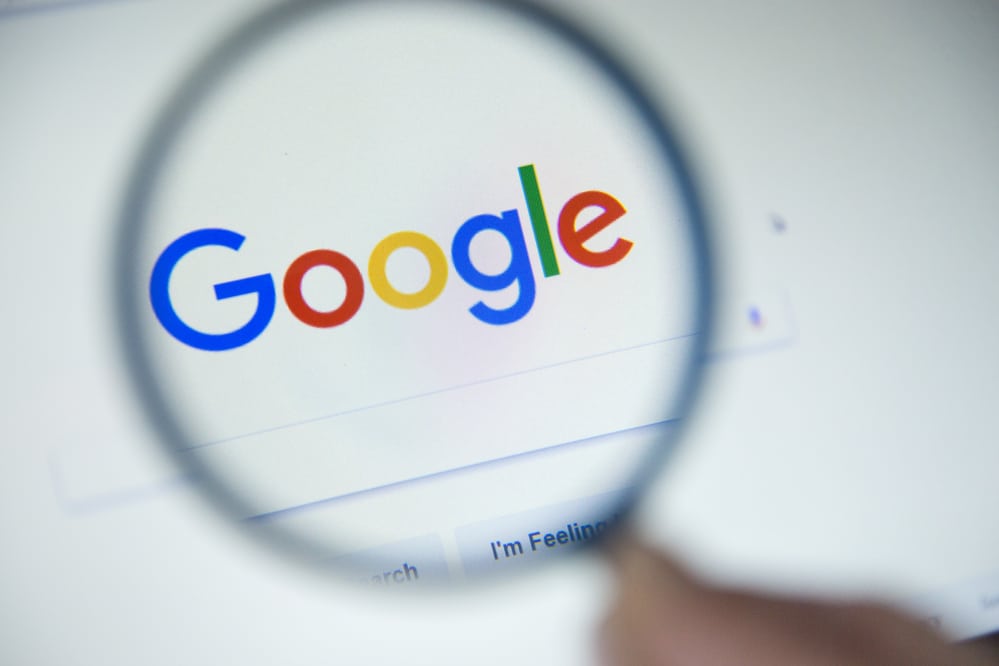
Google begins deleting inactive accounts
Starting from today, a new Google inactive account policy comes into effect which means that accounts that haven't been active for two years will be deleted.
So, what counts as 'activity'? Google provides a helpful list:
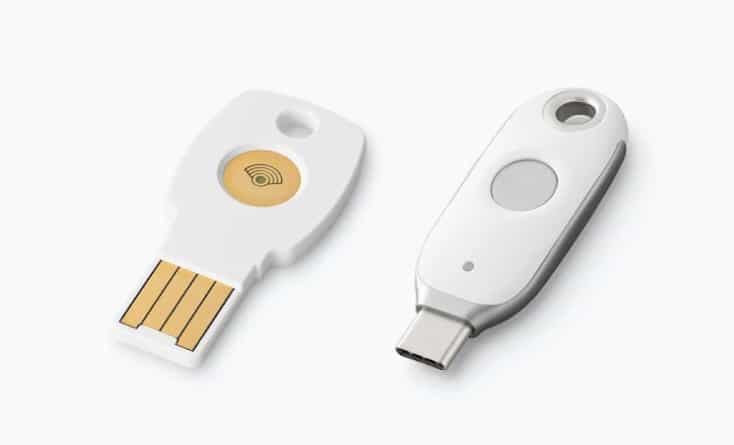
Google launches FIDO2 compatible security key
Today sees the launch of Google's new Titan Security Key which can be used as a second authentication factor and also to store your passkeys.
Unlike the earlier FIDO1 key, Titan will also work with all other FIDO-enabled services (such as Microsoft accounts). You can also store credentials for up to 250 accounts on this key, compared to current keys which can typically only store around 25.
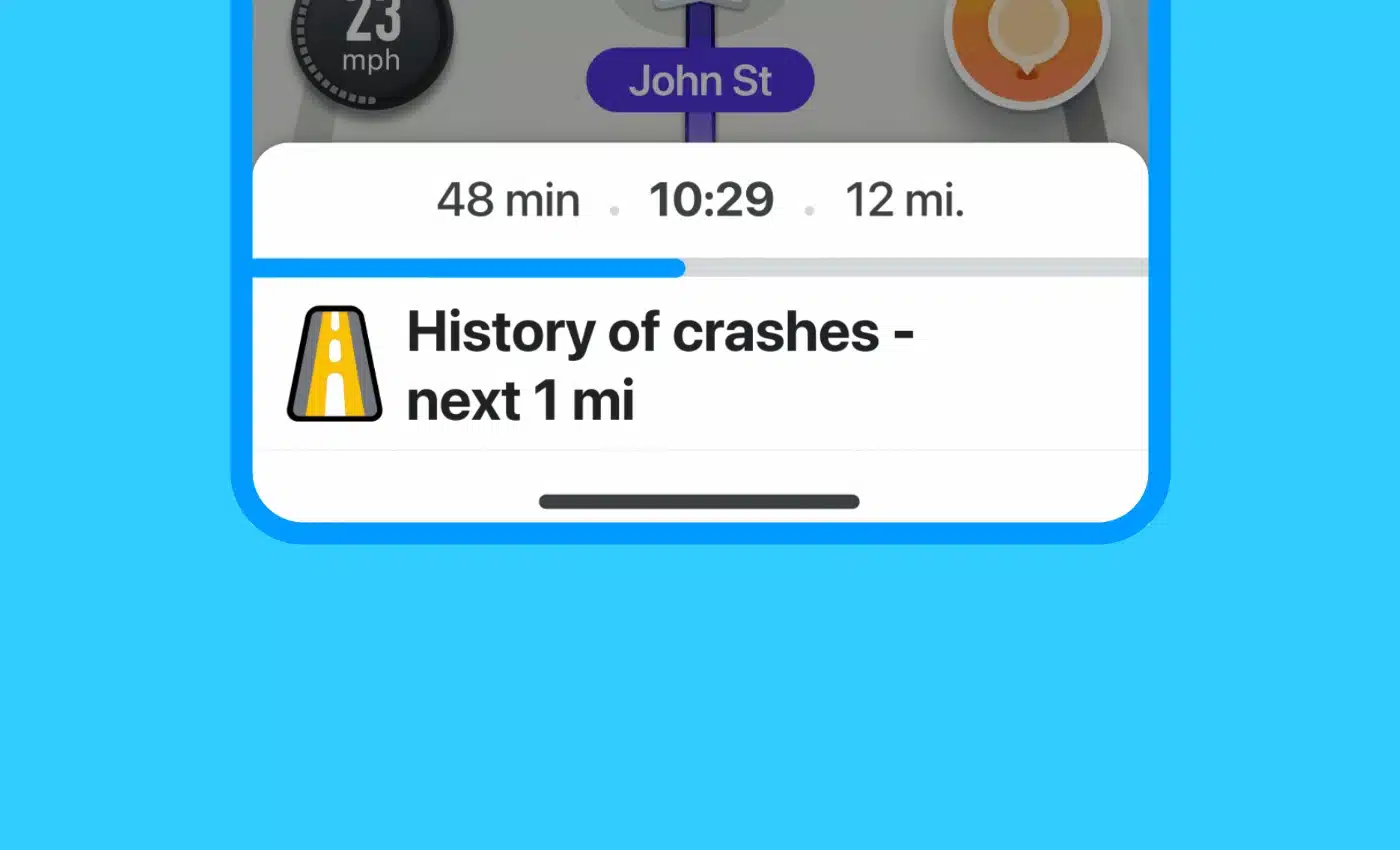
Google is using AI in Waze to deliver crash history alerts about dangerous roads
With so much focus on Google Maps as a navigation tool, it is easy to forget that Google also owns Waze and that this app is often home to far more exciting and useful features.
Demonstrating this, Google has just announced a new feature for Waze that is partly AI-powered, partly community driven; Crash History Alerts. This road safety feature is very much what it sounds like -- a warning system that lets users know about potentially dangerous, crash-prone roads based on historical data.

Google is making it easier to get the best prices and find discount codes
Google is introducing new tools in both Chrome and Google search that should help to make online shopping a little cheaper. With the holiday season just around the corner and shoppers eager to save money, the timing is ideal.
Chrome users are gaining access to a new feature that will seek out discount codes much like services such as Honey. There is also a new section landing in search results that makes it easier to track down products that are on sale.
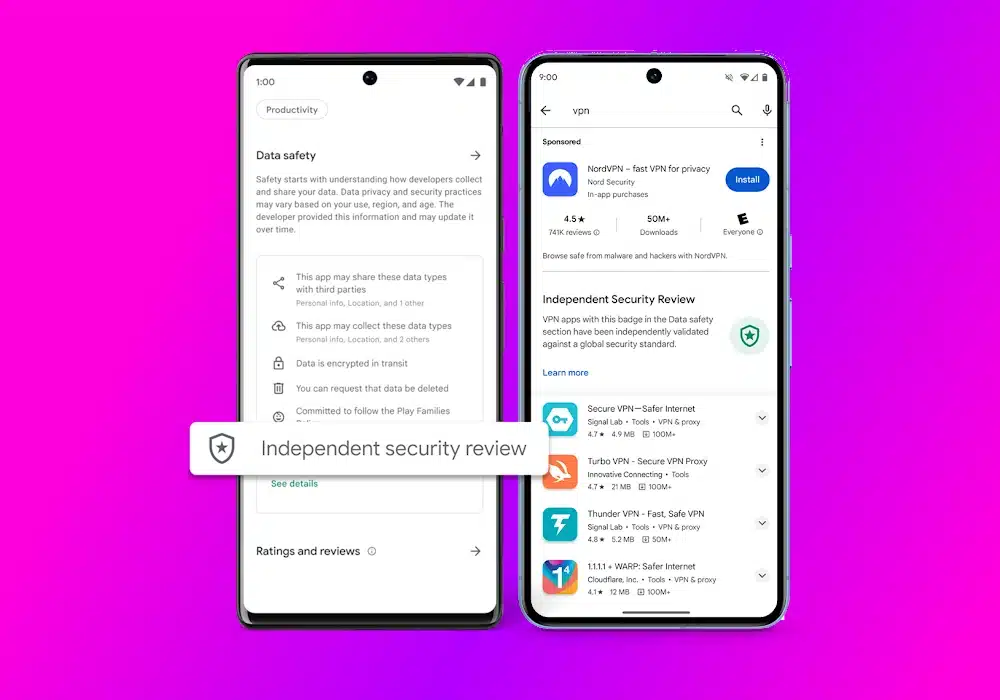
Google has a quixotic plan to make it easier to choose a safe and reliable VPN
If you're in the market for a VPN, you're not short of choice. In fact the sheer number of VPN apps out there can be quite overwhelming, and it's a situation that is hardly improved by the existence of a seemingly endless number of fake tools.
So Google has come up with something of a solution -- albeit one that is only going to be of help to Android users. The company is looking to make Google Play a safer place to inhabit, and as part of this it is going to be highlighting VPN apps that have been independently audited so users know they can be trusted. The likes of NordVPN, Express VPN and Google's own Google One are among the first to get the seal of approval.
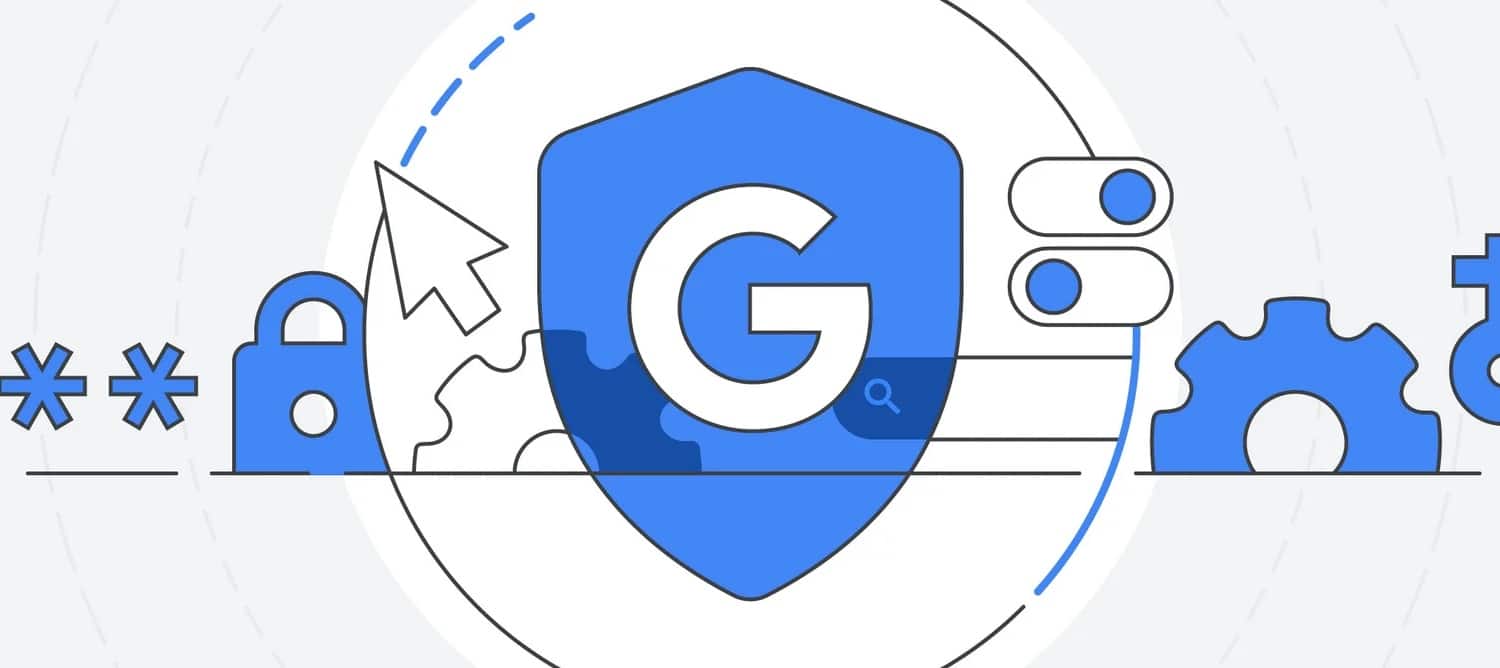
What IT teams need to know about Google's privacy changes
It’s no secret the depreciation of third-party cookies has been a popular topic of conversation in the industry. Now, however, Google is making changes that will eventually lead to the demise of third-party cookies. The tech giant is rolling out its Privacy Sandbox initiative in the latest version of Chrome and for Android. With any big privacy change, there is a ton of controversy and impending regulations that may mean the Privacy Sandbox is not the futureproof solution brands hope it is.
So, what can IT teams do to help marketers take back control of their data collection strategies and ethically reach customers during this time of change?
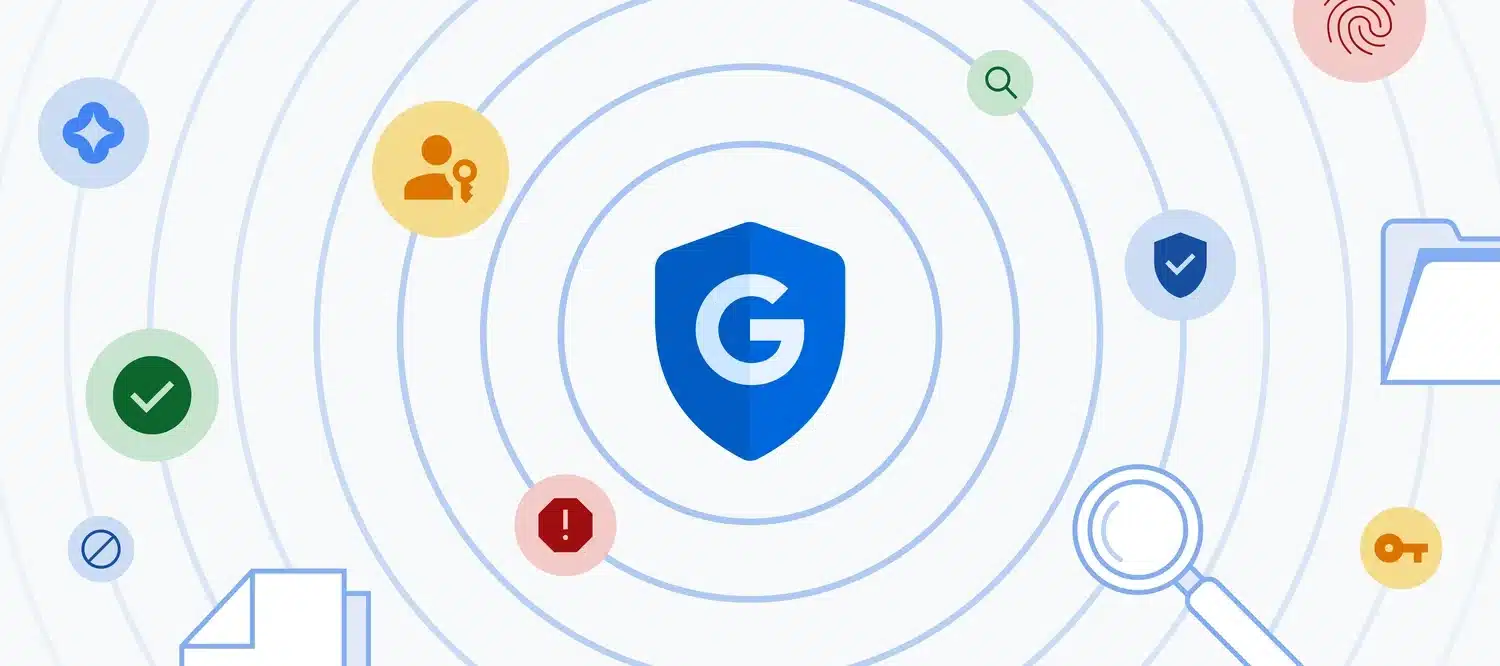
Like Microsoft, Google wants your help to fix AI and make it more secure
It is only a couple of weeks since the debut of the Microsoft AI Bounty Program, and now Google has launched its own bug bounty program specific to generative AI.
Google has announced the expansion of its existing Vulnerability Rewards Program to reward for attack scenarios that relates to generative AI. The company says that it wants to incentivize research around AI safety and security, highlight potential issues, and make artificial intelligence safer for everyone.

Google Chrome will soon offer to hide your IP address for added privacy and security
Google is preparing to launch a new Chrome feature which will give users the ability to hide their IP address. Previously known as Gnatcatcher, the feature is now called IP Protection and makes use of proxies to help prevent online tracking.
IP Protection is described as "a privacy proxy that anonymizes IP addresses for qualifying traffic". One of its primary aims is to limit the possibility for fingerprinting as a means of tracking users online, which is something that has become increasingly common as steps are taken to block, and even kill off, third-party cookies.
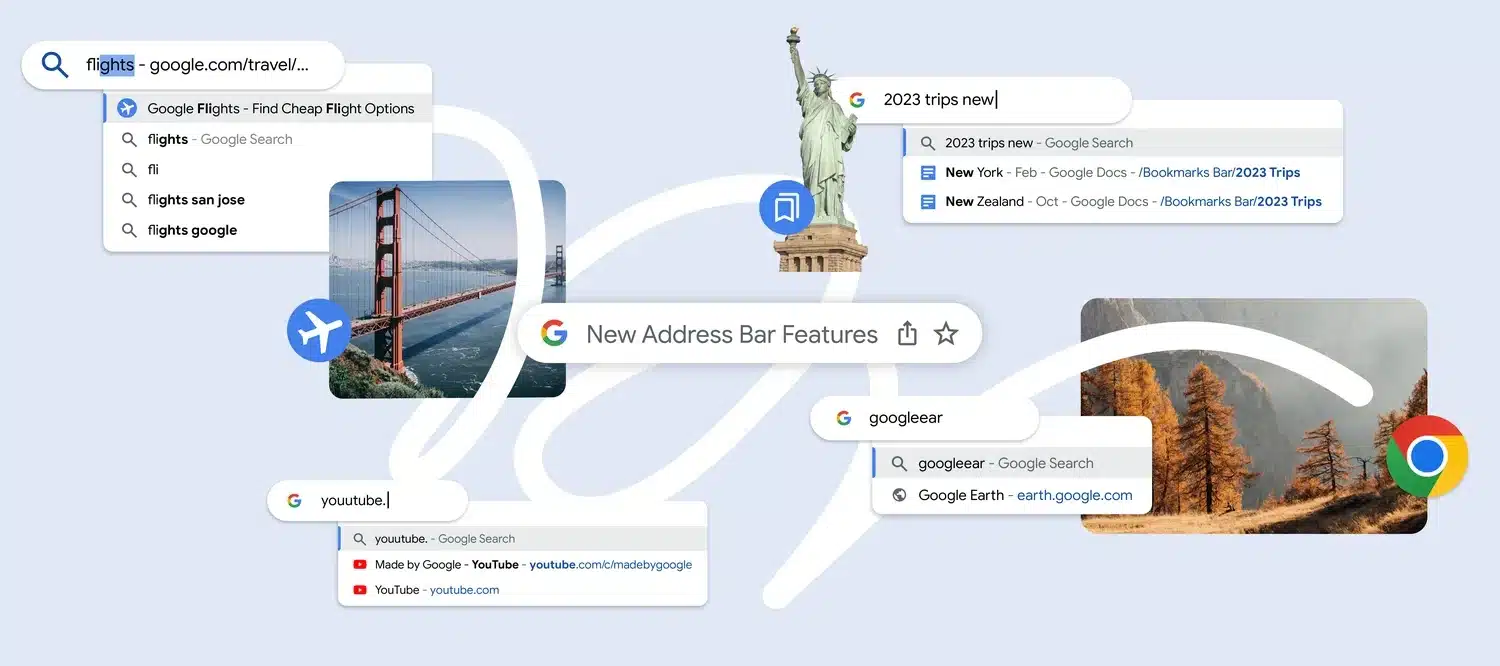
Google has a quintet of improvements to supercharge Chrome's address bar
Google has announced a number of upcoming changes to the address bar in Chrome. The company says that the five improvements will help people to browse even faster.
Some of the enhancements are long-overdue, such as updating URL autocomplete so that characters you type do not have to be the first part of the address. Others are sensible ease-of use and security-related improvements, such as automatic typo correction for typed URLs.
